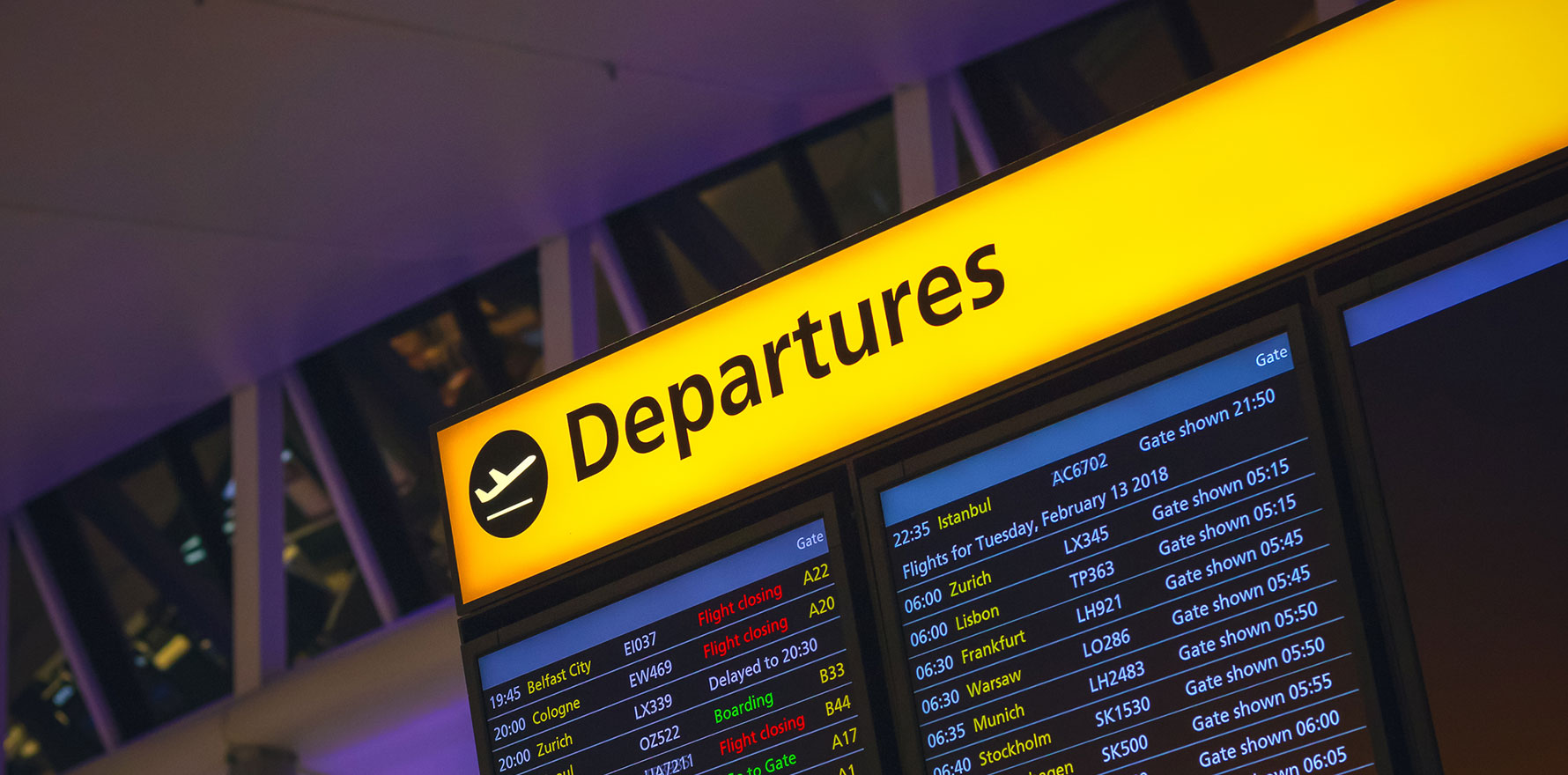Will a last-ditch meaningful olive branch from the NSW government stop the walkout? One resigning psychiatrist hopes so.
A leading NSW public psychiatrist and clinical researcher with decades of experience in the state system is struggling to remain hopeful that the government will step in to stop the mass resignation of more than 200 public psychiatrists tomorrow.
Associate Professor Louise Nash is among the resigning psychiatrists. She said she wanted to believe that government and NSW Health were working towards a solution.
“I do believe they have been busy in trying to sort out contingency plans, but the contingency plans include locums that are not available and costs 200 to 300% more than the staff specialists and won’t be long term,” she told TMR’s sister publication Health Services Daily.
“It is really a negative outcome for the government to be working on, when they could be working more directly with us to try and sort this. And it’s certainly been a difficult situation.
“I’m an optimist, but even I am feeling just feel sick about it. So if I’m trusting my gut, it shows that I’m not as hopeful as I usually am.”
The psychiatrists have the support of their union, the Australian Salaried Medical Officers Federation NSW and a groundswell of clinical colleagues including the nurses and midwives, peak bodies and patient groups, who held a media conference outside NSW Parliament House this morning to reiterate that support.
Dr Nash was among those at the media conference. She told Health Services Daily she had been working in the state system in the 1990s when it was leading the world in mental health services with innovative community-based programs and early intervention models that were making a huge difference to patients.
The mass resignation accounts for more than half of the current workforce and is driven by a protracted pay dispute as well as major issues over existing workforce shortages and working conditions.
The existing workforce has been struggling for more than a year after more than 30% of staff specialists left and were not replaced.
In recent years Professor Nash said she had watched the system be ground down. She said the government was employing locums to fill gaps at a huge cost – much more than it would cost to pay the psychiatrists the extra 25% they are asking for, invest in fixing the system’s workforce shortages and improve conditions for trainees.
“We’re ground down. We are employing locums at those huge rates, and we’re very grateful when locums come,” she said.
Related
“But they don’t stay, and they don’t hold the culture of the workplace, and they don’t get to know their patients. There’s no continuity, and therefore you increase your risk of error, and you increase uncertainty.
“I’m not in any way trying to minimise the positive impact a good local coming in can bring but it’s not the same as someone who’s going to be there for years.”
ASMOF, psychiatrists and peak bodies have been damning of the government and the department, saying they knew about workforce issues in public psychiatry even before the last election.
ASMOF and the NSW Ministry of Health have been ordered back to the Industrial Relations Commission of NSW tomorrow in an 11th hour bid to stave off the mass resignation, as reported in HSD last week.
ASMOF acting executive director Ian Lisser told Health Services Daily they had received the order on Friday after a meeting between ASMOF, NSW Health representatives, including secretary Susan Pearce, state mental health minister Rose Jackson, and acting premier Penny Sharpe failed to yield a resolution.
“The matter has been brought under Section 130(2) of the Industrial Relations Act 1996, in other words in this case, the [IRC] president has made a decision on its own initiative to resolve the industrial dispute,” he said.
“The president has taken notice of the pending collapse of mental health services in New South Wales, and the knock-on effect, it will have, so it seems there will be a compulsory arbitration on the matter overseen by the president of the commission.”
The matter is listed for hearing at 10.30am on Tuesday, the same day that the psychiatrists’ resignations take effect.
Mr Lisser said the government has said it would abide by any orders from the IRC. He stopped short of saying the hearing offered a glimmer of hope that the mass resignations would not go ahead.
Professor Nash has spent the past 20 years researching doctors’ health and said the workplace conditions could not be underplayed.
“We know that when workplace wellbeing is high, we get we get better patient outcomes,” she said.
She also disputed the claim that a 25% pay rise would bring NSW psychiatrists parity with counterparts in other states and territories.
“That provides less than parity,” she said.
“Let’s be clear, our neighbouring states are paid 30% higher. Western Australia pays over 50% more. So we are asking for less than parity.
“What we also need is front loading to improve the initial pay of our juniors as they come through, hoping that they will stay on. So we need a recruitment and retention amount that will keep people.”
In a press conference in Adelaide yesterday, federal health minister Mark Butler was asked how concerned he was about the public psychiatry crisis in NSW, the disruption the mass resignation would cause, and whether he had been involved in any talks with NSW counterparts about it.
“I’ve said before that the possibility or threat of mass resignation of public system psychiatrists in NSW would have devastating consequences for patients and for families in that system,” Mr Butler said.
“I’ve also said I have the highest regard and the highest respect for psychiatrists who work in the public system. It is some of the hardest, most demanding work we have in our mental health system across the country.
“They do it for salaries that are usually significantly lower than what they could earn in the private system. I have the biggest respect for them, but I’ve also urged both parties, the workforce, the public psychiatrist themselves and the state government to leave no stone unturned to resolve this negotiation in the interests of the very, very many members of the public who depend upon a viable, vibrant, thriving public mental health system in NSW.”
Professor Nash said she was prepared to resign over the issue – she was also keen to rescind her resignation and get back to work if there was a meaningful resolution tomorrow.
She said she did not plan to leave Sydney and would not be considering a career in private practice, but had other options should her resignation become permanent.
“I have my New South Wales Health job [as of today], and I have a job with University of Sydney, so I still have that job, and I will, if this does not resolve soon, I will be looking to do other clinical work,” she told HSD.
“I won’t go into private practice. I have got some avenues that I would be looking at that would be working for organisations, maybe not NSW Health, but they’ll be more aligned with public health systems.”





